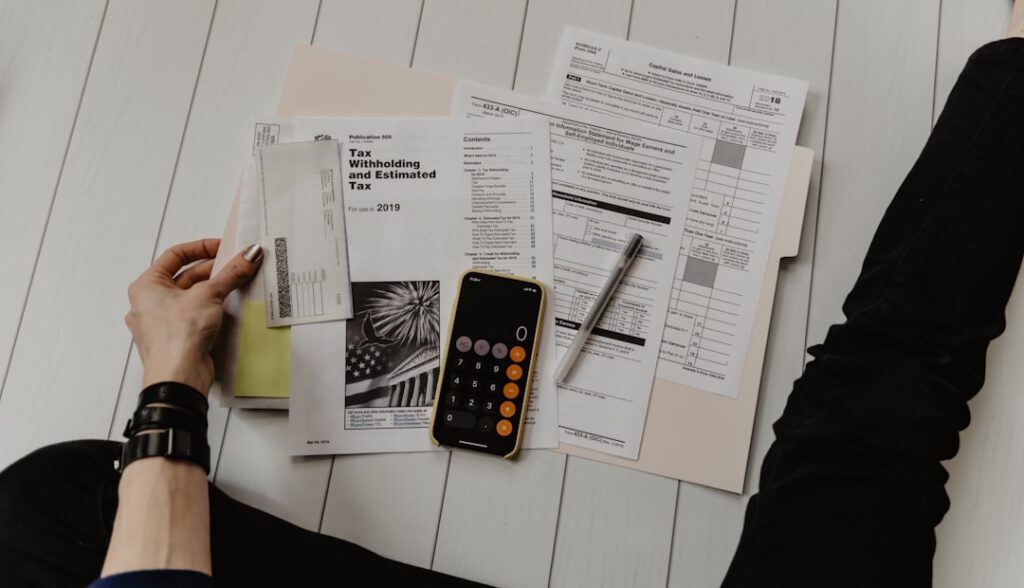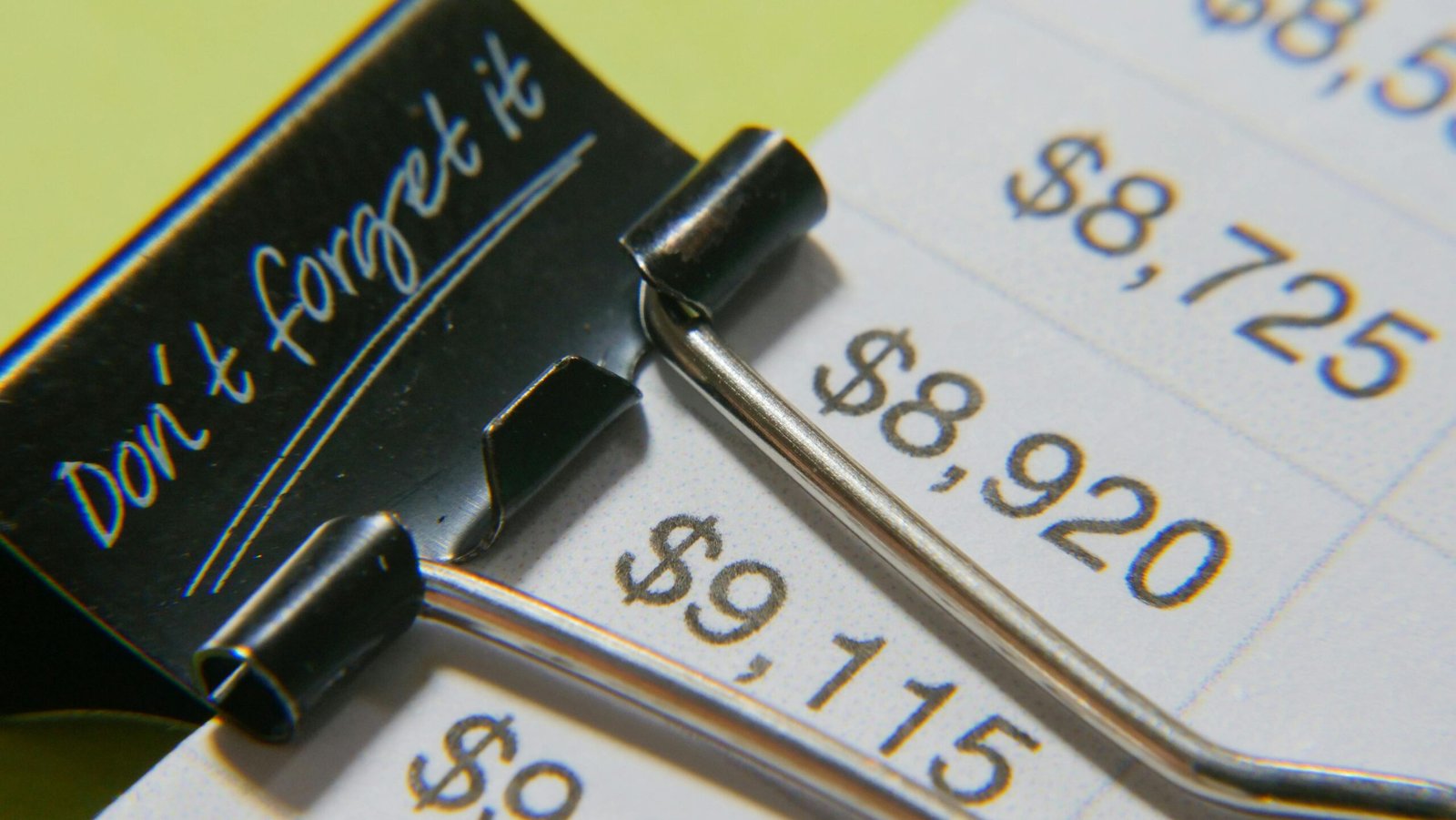Businesses collect the Value Added Tax (VAT) on behalf of the government as the end-consumer bears the VAT cost. VAT is an indirect tax applied on the use of goods and services at each step of sale. How does VAT function in the UAE? What VAT services in Dubai and other areas of the UAE can you avail yourself of? Here are the guidelines.
What is VAT?
As per the laws, Value Added Tax (VAT) is a tax imposed on the expenses or use of products and services (imposed at each point of sale). The end consumer will bear the cost in the end. For further details about VAT, you can read this blog.

Zero-Rated Tax Supplies
Input tax can be recovered/reimbursed for zero-rated supplies. Zero-rated supplies imply goods and services on which a zero percent rate is levied. Such goods and services can be exports of goods and services, first sales or rent of residential buildings, and specific educational services and goods (and related).
Exempted Tax Supplies
On the contrary, exempted supplies are the goods/services on which VAT is not levied. In this case, you are not liable to register for VAT. And, you are not eligible to claim input tax. Such supplies can be:
- Financial services (life insurance etc)
- Residential buildings
- Local passenger transport
- Bare land property.
How Does VAT Help You In Business Progress?
VAT services are helpful in many ways as they act as a medium of connection between businesses and the government. VAT services can help you in the following ways:

- It helps businesses prevent errors when registering tax returns
- It helps you claim the input tax paid
- It helps you understand the guidelines to avoid penalties
- It helps you maintain the books of account (for five years or more)
- It assists you in conducting tax audit
- It assists you in staying updated and aware of any changes happening in the VAT law.
- It helps you get the guidelines to prepare invoices for sales.
What Services Can You Avail?
VAT consultants can offer the following services:
- Issuance and control of VAT compliance
- Lowering of VAT liabilities
- Manage any possible risks and solutions
- Keep track of tax planning opportunities
- Filing and payment of VAT
- Organization of all the data
- Accounting of data and VAT
- Organization of sellers and clients.
VAT Registration Process
There are two types of registrations:
Voluntary Registration:
Business owners can register for the voluntary process if their tax supplies and imports cost more than AED 187,500 annually (the threshold a company faces can be AED 187,500).
Mandatory Registration:
Businesses that deal in taxable supplies and imports that cost AED 375,000 have to undergo the mandatory registration process. In this case, the threshold does not apply to foreign organizations. For registrations, you can visit the main website of FTA.
VAT Returning File
As per the details and guidelines, VAT return filing means how much VAT a taxpayer has to pay or how much VAT tax authorities can reimburse.
VAT Liability
Vat liability is the difference between the output sales payable and the input purchase (both for the same specified tax period).
The following factors are considered to calculate tax liability:
- Sales and purchases (happened in the germane return period) of your businesses
- The amount of sales-related VAT you owe
- The amount of VAT you would like to claim.
How To File VAT Return In UAE?
For details related to VAT return, you can visit the website eservices.tax.gov.ae. On the website, you will see the form 201. You will see the following terms:
- Particulars regarding the taxable person
- VAT return period
- VAT on expenses, inputs, sales, and outputs
- Net VAT due
- Statement and signatory
- Reported requirements.
When Do Businesses File VAT Returns?
Businesses can apply for tax returns in the following ways:
- Quarterly: For businesses having a yearly turnover below AED 150 million.
- Monthly: Businesses have an annual turnover of AED 150 million or more than that.
- Specific period: Allocated by FTA for specific businesses.
VAT Assessment
VAT assessment can be calculated using the simple formula:
VAT= Output tax – input tax
Output tax is collected when you sell goods or services to the clients. On the other hand, input tax is collected when you buy raw materials for your business.
FAQs
You can visit the website tax.gov.ae and apply. The Federal Tax Authority (FTA) has certain criteria for the VA services.
Any person who does not own a place in the UAE will have to register for VAT services if supplies of products or services are made. No other person is liable to pay for the due tax. The non-residents are required to register for VAT if they make taxable supplies in the UAE.
As per the guidelines given by FTA, a registered taxable person will have to issue a tax invoice.
FTA reviews the application within 20 business days from the day the claim for refund is submitted.
Yes. As per the laws and guidelines, UAE Nationals can claim VAT.
Yes. You can claim the tax paid on the import of products. The input tax recovery can be made.
Yes. You can claim the fuel expenses for commercial purposes.
As per the details, financial services include life insurance, reinsurance, financial services (that are not used for discount, commission, explicit fee, or rebate), residential buildings, bare land, or local passenger transport services.
No. You are not eligible to claim VAT on exempted goods or services.




